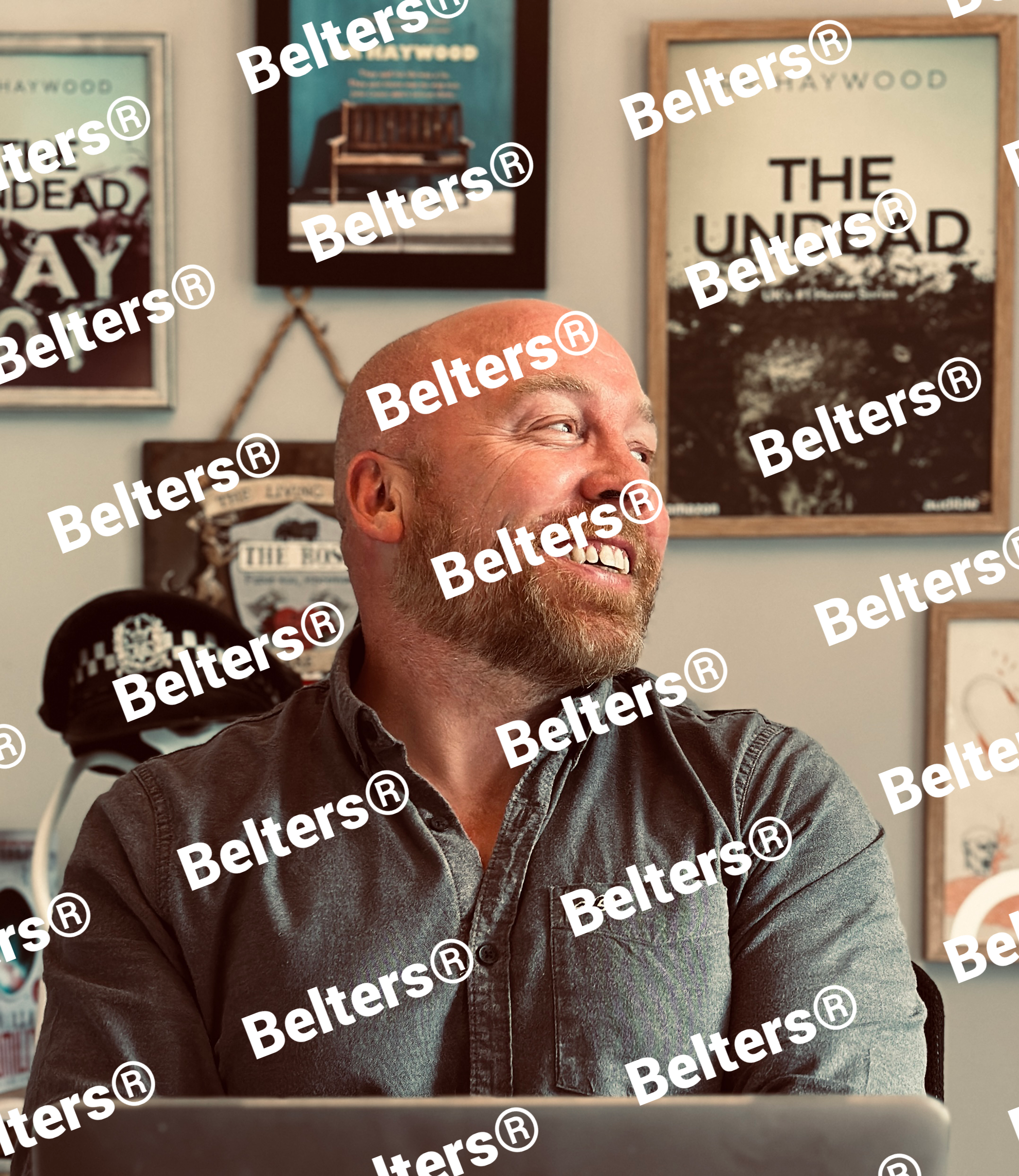Creative Writing Courses are Riddikulus, Says Bestselling British Author

Copyright, Belters® News
The secret to becoming the next JK Rowling could be as simple as…reading 1,000 books, according to an expert.
RR Haywood, one of Britain’s most successful self-published novelists of all time, said aspiring authors need only read 80million words or more to pen a hit like Harry Potter.
Wannabe novelists are normally advised to take English literature degrees or creative writing courses if they want to make serious money in publishing.
But Haywood, who has sold nearly 4million copies worldwide, reckons anyone who reads enough books can emulate Rowling’s success without spending a penny on tuition.
Formal training kills creativity and those who have paid for it are flooding online book stores with boring, “identikit” books that never sell more than a few hundred copies, he says.
Those hoping to write a commercially successful tome should “run from the classroom” and devour popular books of all types instead.
Haywood, who earns a high six-figure sum each year from royalties, said 1,000 titles, or roughly 80million words, will teach them more than “Oxford and Cambridge ever could” about style, plots, characters, and dialogue.
After completing a reading list of this size, the average person will have learned the tricks of the trade and should be able to craft their own international bestseller, he says.
Haywood, a former police officer on the Isle of Wight, quit the force at the age of 40 thanks to the runaway success of his self-published post-apocalyptic zombie series, The Undead.
He now has more than 40 books to his name, of which 25 are Kindle and Audible bestsellers, and earns up to £41,000-a-month in paperback and download sales.
Speaking yesterday at the launch of his new book Fiction Land, he said: “Everything an aspiring author needs to write a huge hit – the next Harry Potter or Lord of the Rings – can be found on the bookshelves, not in the classroom.
“Creative writing courses, degrees and other forms of tuition, which can cost £10,000-a-pop, are a total waste of money because they teach a pre-packaged set of ‘golden rules’ that destroy creativity.
“And a qualification in ‘dull’ doesn’t sell books. The only thing that matters with a novel is if it is entertaining. If so, it will ultimately find its audience, and take off through word-of-mouth.
“That’s why for every great author you’ll find online there’s a bland bandwagon of identikit hacks who have more chance of winning the lottery than writing a bestseller.
“If you can read 1,000 popular books, covering pretty much all genres and eras, then you’ll naturally develop a sense of what works, what doesn’t, and give yourself the best possible education in writing your own worldwide smash.”
The Books to Read to Be a Successful Author According to Haywood, the 1,000-book reading list should contain:
10 per cent horror and suspense/mystery fiction – to learn how to draw the reader into the story and control pacing
10 per cent sci-fi and fantasy – to learn about how to handle world building, background lore, and introduce original ideas and concepts
10 per cent pulp fiction (including detective, supernatural, Western, and adventure) – to gain an appreciation of the individual author voice and style
10 per cent classic fiction (of all genres, pre-mid-20th century) – to become comfortable with deep characterisation, handling unfamiliar or complex themes, and exposing yourself to narrative techniques and tropes that have
stood the test of time
20 per cent non-fiction (including science, history, biography, religion, and philosophy) – to increase your knowledge base to draw upon in your fiction writing, including characterisation and setting
10 per cent children’s/Young Adult fiction – to get a real understanding of how to convey information clearly and simply to the reader;
Five per cent poetry – to learn the art of brevity and succinctness, and the judicious use of lyrical prose
10 per cent contemporary bestselling fiction (general and women’s fiction) – to get a feel for modern fiction trends and to avoid bland writing, worn-out tropes, and cliches
Five per cent literary fiction – to understand about the dangers of pretentious and overly complex writing
An additional 10 per cent of whatever genre you most want to write in to understand the market, the competition, and the genre in more detail.


Comments are closed.